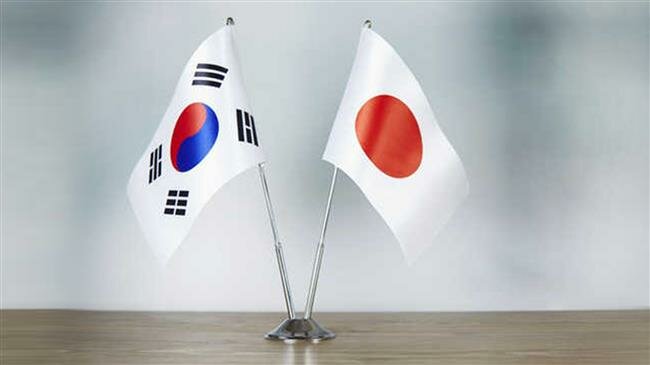Japan and South Korea, two of Washington’s closest allies in South Asia, are clutched in a trade war, causing damage to World’s number one smartphones company Samsung Electronics and global smartphone supply chains as Japan’s doing the same to Samsung what the US did to Huawei.
On 1st July, Japan placed restrictions on exports to South Korea of three chemical substances mandatory for the manufacturing of semiconductor diodes and LED screens used in smartphones and television sets, causing an immense trouble for tech giants like Samsung and LG Display, which depends mainly on Japan, known for being a global source of chemicals. According to Tokyo’s statement, some South Korean companies weren’t properly managing the chemicals. Seoul disputes by stating that it has forced trade restrictions on crucial materials.
The dispute would likely to exacerbate next week as Japan is going to make an announcement on whether it’s removing South Korea from a list of the country’s preferred trading partners, which would require Japanese firms to get additional export verifications on hundreds of products before selling them to Korean companies. The US has said it hasn’t decided to interfere between its two allies and ask them to solve this dispute by sharing dialogues and bilateral talks have already been failed to show any progress. Whereas on July 16, Seoul rejected Tokyo’s proposal of third party intervention.
In the short term, Japan’s step hasn’t damaged the companies’ market share. For now, the companies have enough inventory of these materials that they could spend a few more months without being bothered by trade restrictions imposed by Japan.
Japan’s actions are simultaneous to the US move to block Huawei’s access to market, by restricting American companies from doing business with the Chinese smartphone and telecom equipment maker in May while considering national security concerns. An apparently never-ending trade war between Beijing and Washington seems to be swallowing the Chinese economy. Data on Monday showed the weakest rate in the last 27 years as its economic growth slowed down to 6.2% in the second quarter.

